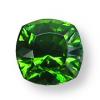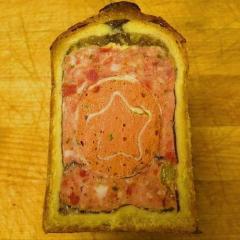-
Welcome to the eG Forums, a service of the eGullet Society for Culinary Arts & Letters. The Society is a 501(c)3 not-for-profit organization dedicated to the advancement of the culinary arts. These advertising-free forums are provided free of charge through donations from Society members. Anyone may read the forums, but to post you must create a free account.
What is soup?
-
Similar Content
-
- 905 replies
- 170,714 views
-
- 1 reply
- 185 views
-
Tomato Soup 1 2
By FoodMuse,
- 41 replies
- 7,577 views
-
- 1,055 replies
- 161,043 views
-
- 21 replies
- 1,217 views
-
-
Recently Browsing 0 members
- No registered users viewing this page.





Recommended Posts